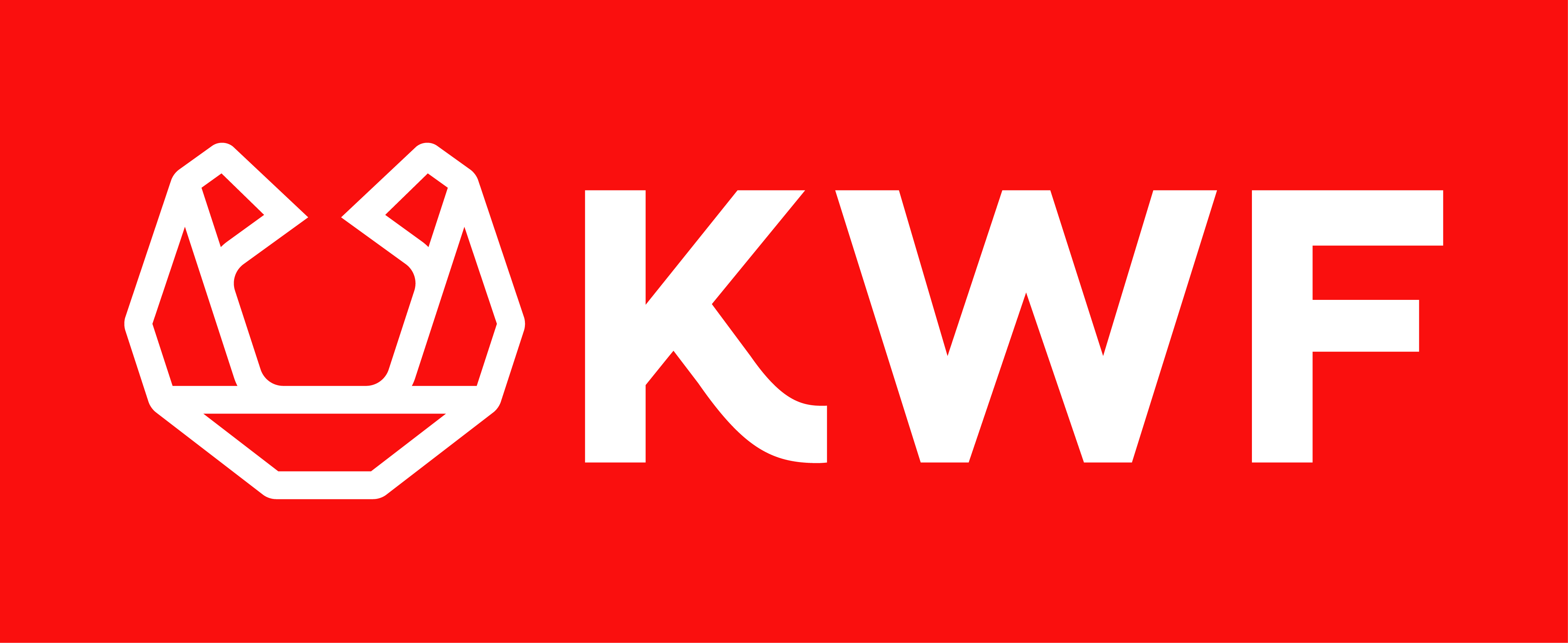Managing your research data - a FAIR approach
Updated
by Eveline Noteboom
Managing your research data
At KWF we find it important that research data can be re-used by other researchers. Data re-use requires well-documented data that can be located by other scientists. To achieve this, it is important to carefully manage the processes of data acquisition and analysis (i.e., ‘data management’) by constructing a Data Management Plan (DMP). A DMP is a formal document that outlines what you will do with your data during and after a research project, for instance by working towards FAIR (findable, accessible, interoperable, reusable) or Open data. For our annual Infrastructure Call, providing a DMP is a mandatory element of our application.
Planning for the management of your data at the beginning of the project saves you time, money and effort later on. Hence, we advise all researchers to establish a DMP. The tool DMPonline can help you write your DMP, offering multiple institutional templates with example answers and guidance. If you need any help with your data management, you can also contact the Data Steward of your institution. A Data Steward can help you by answering questions, providing advice, and helping to develop appropriate solutions for research data management and sharing.
Why data management is important:
- It allows a better and wider reach and your results, thereby increasing the scientific value of your findings
- It prevents duplicate production of results (saves costs and time)
- Structured archives allow colleagues inside and outside of your research group to continue with previous work done in your lab
Making your research Findable, Accessible, Interoperable, and Reusable (FAIR)
To increase the impact of cancer research and accelerate the translation of research, it is crucial that data is made as FAIR as possible. That is because the progress of the academic community is strongly connected to the amount of information that is made available and reusable to others. The ‘FAIR Guiding Principles for scientific data management and stewardship’ were published in Scientific Data in 2016 and provide a useful framework for thinking about sharing data in a way that will enable maximum use and reuse. Overall, the FAIR principles help to improve the quality of research projects, and to accelerate innovation. For an elaborate overview of each principle individually, you can consult the website of the GO-FAIR foundation. Both the GO-FAIR foundation, as well as the DTSL organize various workshops to help researchers with the implementation of FAIR in their research.

FAIR data is not the same as open data
Open data is available to anyone (with or without licenses, copyright, or patents) that wants to access, use, and share the data. However, FAIR data just needs to be “Accessible”, whether that is to everyone, a defined group of people or a private group. There needs to be clarity on who can access the data, under which access conditions and within what time. Depending on the purpose and location of the data, accessibility of data varies from access to the metadata only to full access of the actual data.
